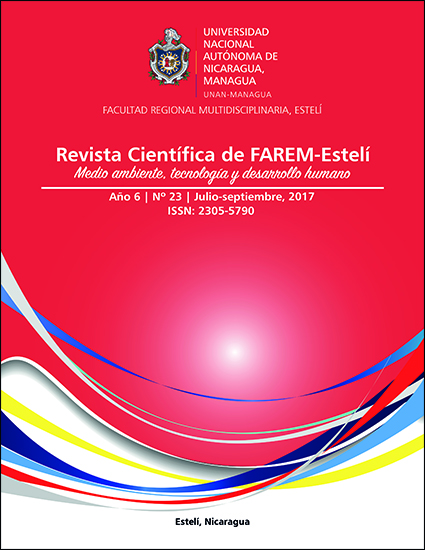The educational model of the BICU: the case of Afro-descendant and indigenous students in the decade 2007-2016
Abstract
This research describes higher education of indigenous and Afro-descendants in the BICU. Documentary analysis and unstructured interview were conducted to key informants. The access to study in BICU is unrestricted for the entire Afro-descendant, indigenous and mestizos population. From 2007 to 20, 58166 students have been enrolled in BICU. The 50.25% of scholarships belongs to mestizo students and 49.75% among ethnic minorities. For the period 2007-2016 in the regular modality the overall student dropout was 59.95%. The legal framework recognizes BICU as communitarian and intercultural, however; the professional profile of indigenous and Afro-descendant students does not correspond to their worldview. The educational model of BICU is absorptive of cultural homogeneity “in transition towards community and intercultural. The implementation of native language translator software can improve the quality equity of indigenous and Afro descendants. Community instructors with intercultural and pedagogical skills and competences are a good option to strengthen interculturality in the community context of BICU without losing its essence BICU can work as Community and intercultural, Community University and Mixed Model University. It requires leadership and socio-educational organizational innovation, committed to achieve this status.
Keywords: community, intercultural, absorptionist, andigenous, afro-descendant.



